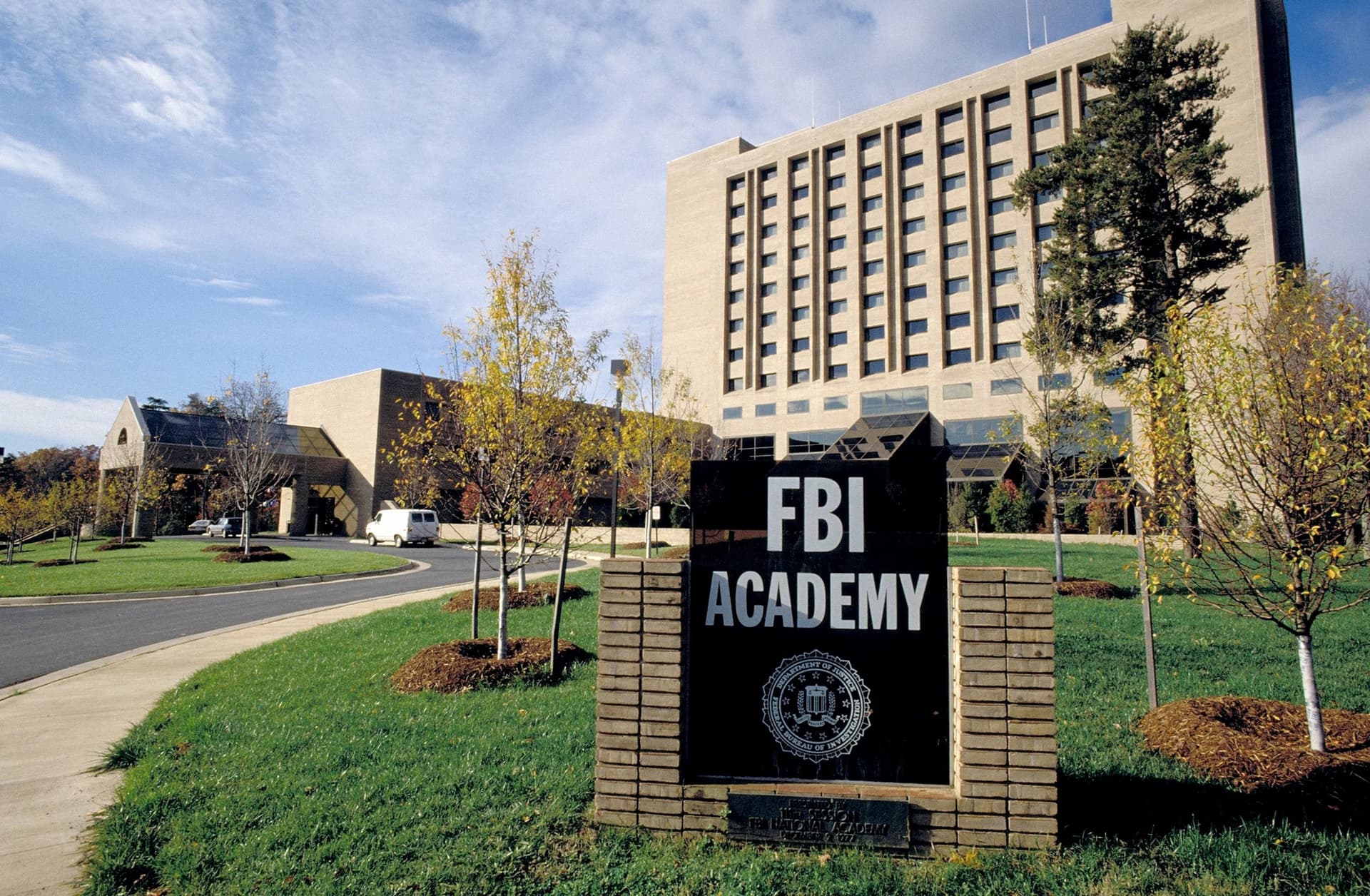
Clintons To Be Deposed in Hometown of Chappaqua Rather Than on Capitol Hill
By MATTHEW RICE
|Secretaries Rubio and Noem swing behind Attorney General Bondi’s assertion that the details of the deportations to El Salvador are ‘secret.’

Already have a subscription? Sign in to continue reading
$0.01/day for 60 days
Cancel anytime
By continuing you agree to our Privacy Policy and Terms of Service.

By MATTHEW RICE
|
By MATTHEW RICE
|
By TOM TEODORCZUK
|
By LUKE FUNK
|
By A.R. HOFFMAN
|
By ROSARIO IACONIS
|
By STEPHANIE CAMPBELL
|
By DANIEL EDWARD ROSEN
|